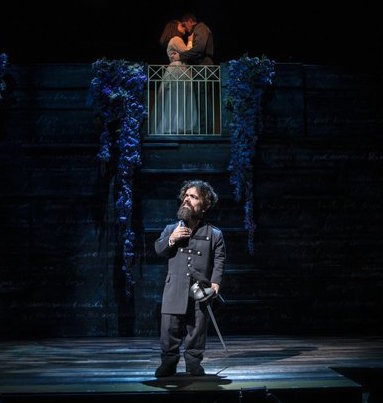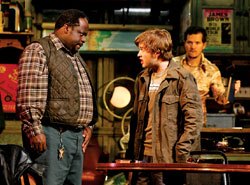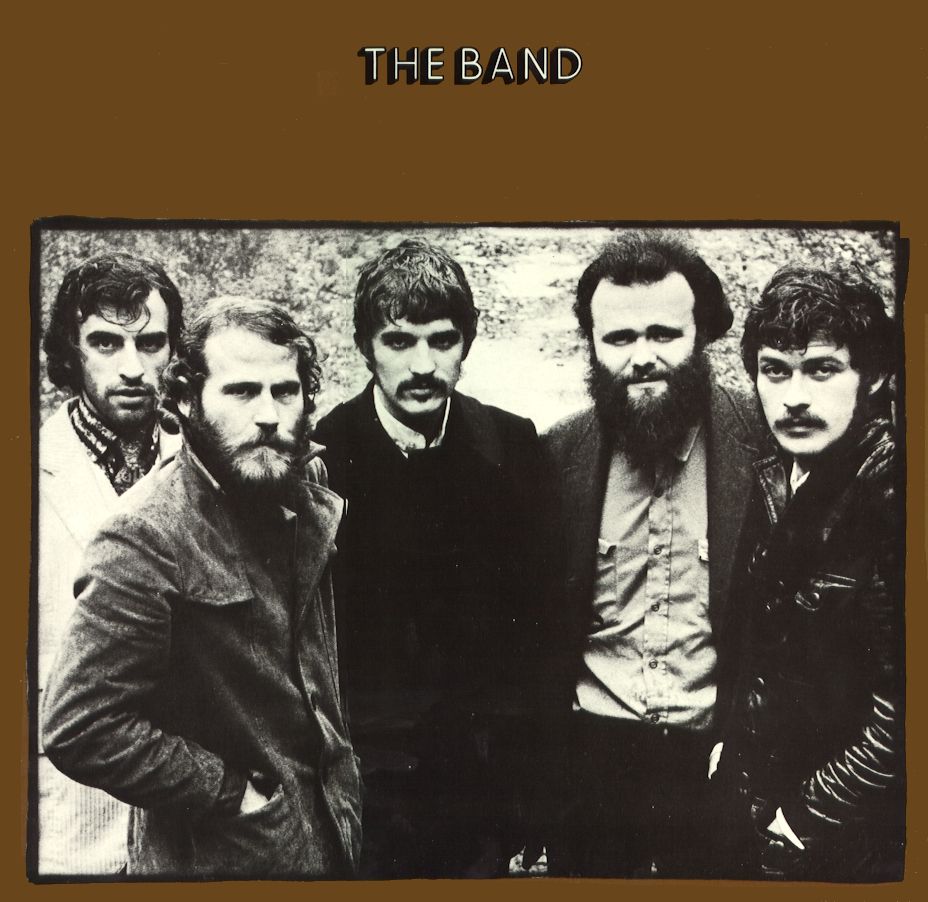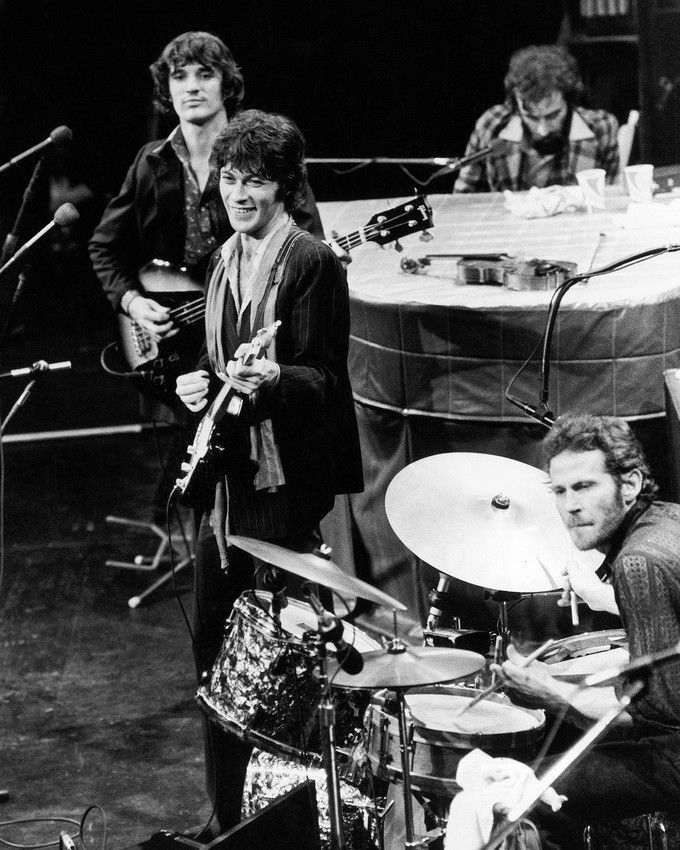* * *

Yet another new jukebox biomusical, “Tina: The Tina Turner Musical,” has opened on Broadway, and it’s not awful, not even close. In fact, some parts of the show, in which Adrienne Warren impersonates the washed-up R&B singer who dumped her wife-beating spouse (Daniel J. Watts) and transformed herself into a glitzed-up rocker at the venerable age of 45, are genuinely entertaining. Nevertheless, I’m afraid—very, very afraid—that “Tina” will be a hit….
The jukebox biomusical, in which the smoothed-over story of a pop star’s life is turned into the plot of a musical whose score consists of that star’s hit records, is an uncreative bastard genre that has done much damage to Broadway. The rising popularity of jukebox shows is choking the life out of the traditional musical in much the same way that the success of comic-book franchise movies has all but killed off the adult-friendly films that used to dominate America’s multiplexes. Every time a jukebox show rings the box-office gong and moves into a New York theater for a long, profitable run, it becomes that much harder for a better show with new songs and a fresh plot to carve out a place on Broadway. Why should a theatrical producer bet on a necessarily risky musical like, say, “The Band’s Visit” or “Hadestown” when she could be backing “Beautiful: The Carole King Musical” instead?…

“Cyrano,” Erica Schmidt’s new off-Broadway musical version of Edmond Rostand’s “Cyrano de Bergerac,” is half of a great small-scale musical, performed and produced with such flair that you’ll be tempted—up to a point—to forgive its fatal flaw.
Ms. Schmidt, who doubles as the show’s director, has given us a warm-hearted, unselfconsciously romantic prose rendering of the oft-told tale of the idealistic soldier-poet with a very long nose (Peter Dinklage) who lacks the courage to declare his unrequited love for the beauteous Roxanne (Jasmine Cephas Jones). Mr. Dinklage, a superlatively gifted four-foot-four character actor with a gorgeous bass-baritone voice who was catapulted into stardom by his eight-season stint on “Game of Thrones,” is close to ideal as Cyrano…
All of which brings us to the score, which is the work of The National, an indie band whose Philip Glass-flavored art-rock songs are hugely and deservedly popular with millennial listeners. Alas, they haven’t a clue as to how show tunes work…
* * *
To read my Tina review, go here. To read my Cyrano review, go here.The trailer for Tina:
Peter Dinklage talks about Cyrano:



